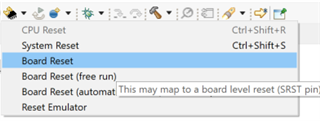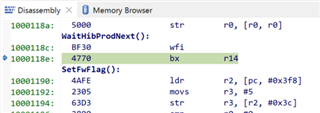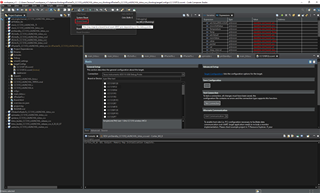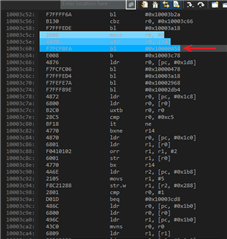Other Parts Discussed in Thread: CC1310, UNIFLASH
主题中讨论的其他器件: UNIFLASH
您好!
我正在使用多个基于 CC1310 (CC1310F32RSMT 微型)的定制板、其中一些工作正常、但其他一些不工作 我想检索加载到程序中的代码、以检查加载错误是否存在。 有什么方法可以实现它吗?
我的项目包括每12小时通过射频向网关发送数据包、在这段时间进入睡眠状态之间。 发送器节点中出现问题、因为其中一些发送器节点发送数据包、但不会进入睡眠状态。
这可能是由于硬件错误、但海关板的制造方式是相同的。 这就是为什么我要检查加载的代码、以防出现芯片问题。 接受其他建议、以检查它们为什么不起作用。
提前感谢、
Alberto









